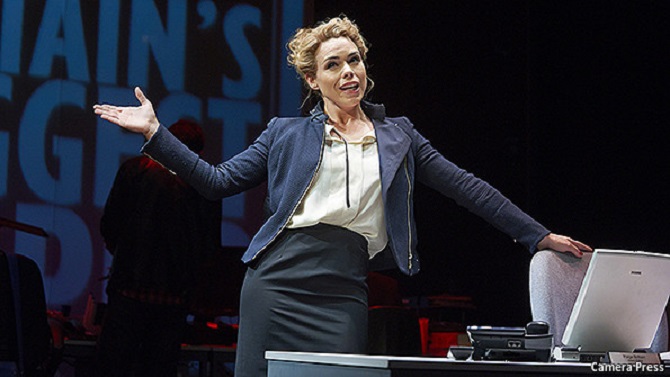Is the internet now a factor in British political campaigning? One political pundit has already suggested that the next general election (which insiders tell me is 30% likely this autumn) may be decided by the internet. In the States it is already a factor in two ways. It is a great way to organise your activisits and to raise funds. But it is also a place to put video and other material to attack your opponent or publicise your candidate. Much of this is non-official such as the wonderful Obama Girl video on YouTube. I’m not convinced it is the decisive factor in the US but it is definitely now a key variable. But what about Blighty? Well, I had a good discussion with a blogger, a political correspondent, an ex-MP and a local councillor about this and they think that the Ealing Southall by-election on July 19th could be an interesting straw in the wind.
It should be a fairly comfortable win for Labour who have an 11,000 majority but Cameron’s Conservatives would love to capture the big British Asian vote and cause an upset, while the Lib Dems who came second last time always fancy their chances in these one-off contests. All parties and their activists are using email, websites and blogs to get their messages out. There are some more interesting ones like Liberal Jonathan Calder, for Labour Chris Paul and Tom Watson while Iain Dale has been keeping Tory spirits up. Some party officials and activists have put campaigning and attack videos on Youtube but following George Osbourne around and shouting at him isn’t going to swing many votes, I suspect. And, of course, all three parties have Facebook groups.
I reckon that email and social networking sites my end up as more influential in the long-term. As former Tory MP Nicholas Bennett explained to me, there is now a huge swathe of young voters who live in flats and don’t engage with normal politics. They are hard to reach by normal political campaigning, which is why he and his local party in Bromley (which is not exactly the Web 2.0 capital of the UK) are now using software programmes that comb through web traffic and send out emails trying to target potential voters. Nicholas may be a veteran in political terms but he has really understood the way that young people’s lifestyles are changing and that the political doorstep is now online. Whether this will make any difference in Ealing and Southall remains to be seen.




Yes, it was a fairly comfortable win for Labour. The Conservatives probably increased their votes by 5 ( 5 defecting Labour councillors).
If internet is the way forward, why were the residents of Southall bombarded daily with leaflets, phone surveys and national canvassers?
What ever medium politicians use, unless they can be trusted and the message is relevant, it will be binned/ignored.
Most people simply put all the political leaflets straight into the recyle box.